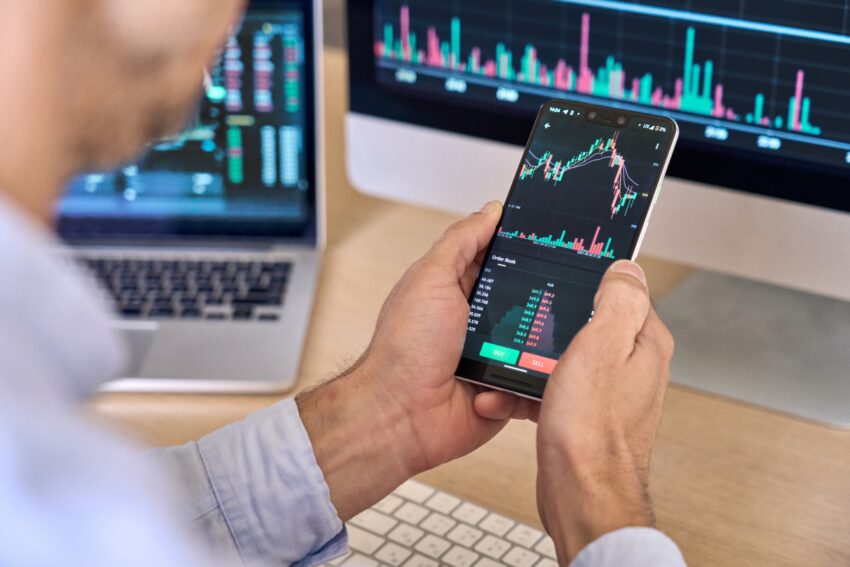In the field of cryptocurrency, nothing matters more than securing digital assets. Crypto wallets have become an essential tool for storing and managing its digital currencies that is gaining popularity day by day.
However, with ease comes the onus to see to it that there is strong security.
Types of Crypto Wallets
Crypto wallets come in different forms each having its own levels of security and convenience:
- Hardware Wallets – These are digital devices used to store offline private keys. They are among the most secure options as they cannot be hacked online. Examples include Ledger Nano S and Trezor. There is added security from hardware wallets as transactions require physical access. There you can buy USTD instantly.
- Software Wallets – These wallets will be kept digitally on computers or mobile phones; holding personal keys for users. It allows for ease but are susceptible to malware infection and hacking attacks. Some instances include Exodus wallet and Electrum wallet. Therefore, regular updates and powerful anti-virus software are important for computer/network security.
- Mobile Wallets – Software wallets designed specifically for smartphones which offer greater convenience in carrying out transactions on the move but require solid security measures due to device theft/loss risks being higher in this case. Trust Wallet or Mycelium being good examples of famous mobile wallets.
- Paper Wallets – Printing keys for private paper use. They are protected from online attacks, but they can be lost or damaged. However, in order to prevent physical theft or erosion, users should keep their paper wallets in safe locations.
Best Practices for Securing Digital Assets
Use difficult passwords that combine letters, numbers and special characters. For instance, avoid using birthdays as your password or simple words.
- By having an additional layer of security a person cannot decrypt your wallet without a second factor like a phone app or an SMS code after obtaining your password.
- Make frequent backup copies of your wallet to preserve against data loss due to device malfunctioning and store them in multiple safe places.
- The most recent security patches and features can only be enjoyed if you have the most up-to-date wallet software.
- Always verify the authenticity of sources before providing sensitive information about yourself since there are phishing attacks coming through unsolicited emails and chats asking for your wallet details.
Advanced Protection Methods
Multiple Signatures Wallets: These kinds of wallets increase security by requiring more than one signature to authorize transactions done with it; for example, a multi-signature wallet may require approval from various devices/third parties which reduces unauthorized access risks (Cawrey & Vigna n.p).
- Biometric Integrations: The use of biometry such as fingerprints or face recognition is having a distinct security layer. Its difficulty to duplicate makes it easy to enjoy convenient and secure ways to access wallets. Many modern smartphones are equipped with this feature hence implementing it is easier.
- Cold Storage: Putting most of your assets in offline storage (cold wallets) will reduce exposure to online threats significantly. For daily transactions, only a small amount of cryptocurrency should be kept in hot wallets (online).
- Use Trusted Wallet Providers: Research and select wallet service providers that have good records when it comes to security issues. Look for audited wallets with positive reviews from users.
Balancing Convenience and Security
Finding the right balance between ease of use and safety is vital. These confirmed measures seem difficult but necessary for safeguarding your digital assets. Thus, through mixing up different types of wallets and adopting best practices, users can enjoy the benefits of crypto transactions without sacrificing security.


